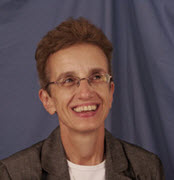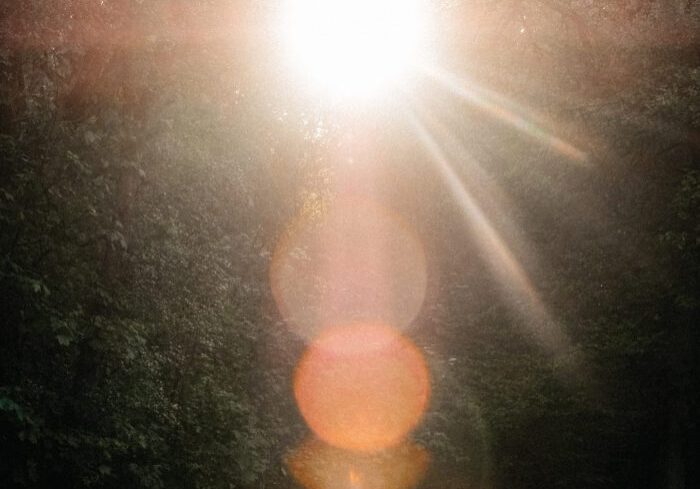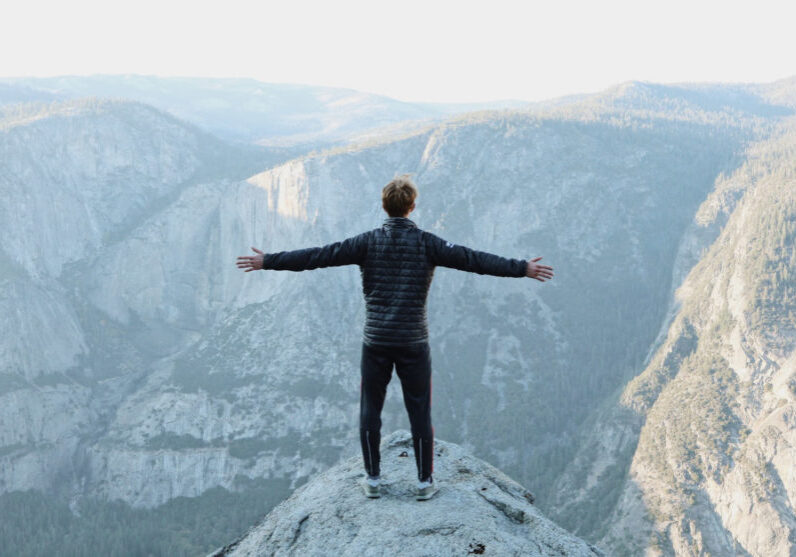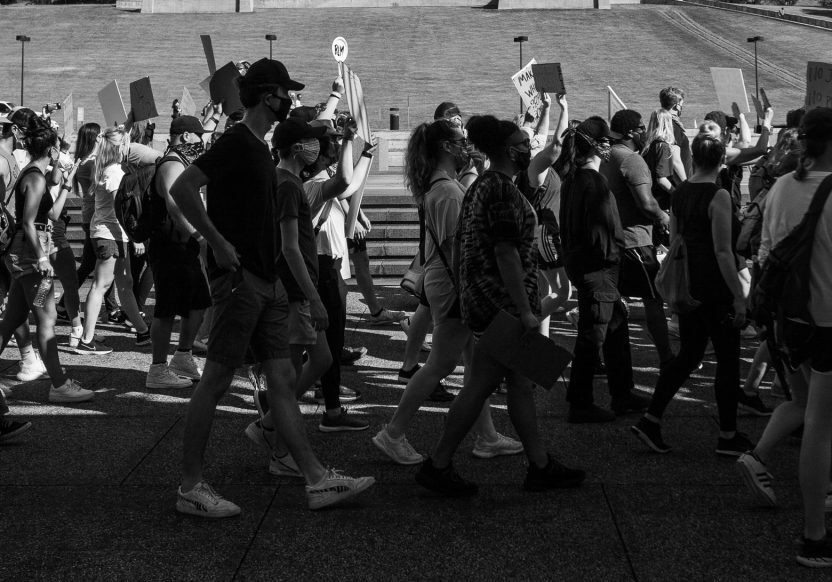How to let go of regrets?
Q: What do we do about past regrets and decisions made long ago that we now feel the harm and consequences of?
 Ilia: Years ago I lived with a Sister in New Jersey who constantly complained about being overlooked in the community. One day she was on a tirade about a position in the nursing home that she was qualified for, which was given to another another sister who, in her view, was less qualified for the job. After listening for several minutes to her rant, I quietly said, “well, why don’t you go and talk to this Sister and maybe you can work something out.” “Oh,” she said. “She has been dead for ten years!” Many people walk around with dead bones in their bodies and continue to have conversations with them, as if something might change given a new set of circumstances. Time hurts and time heals. From the perspective of time, there is no “yesterday”; every change and movement of life is taken up into new movements of life in the creative moment of the “now.” Yesterday is today now increased by one. Evolution itself is a process of suffering, death and new life. If nature held on to the many conflicts and deaths within it, we would not be here. Rather, nature has a built in sense of “letting go” because it is oriented toward more life. The systems theorist, Eric Jantsch, once wrote: “to live with an evolutionary nature is to let go when the right time comes and to engage new structures of relationship.”
Ilia: Years ago I lived with a Sister in New Jersey who constantly complained about being overlooked in the community. One day she was on a tirade about a position in the nursing home that she was qualified for, which was given to another another sister who, in her view, was less qualified for the job. After listening for several minutes to her rant, I quietly said, “well, why don’t you go and talk to this Sister and maybe you can work something out.” “Oh,” she said. “She has been dead for ten years!” Many people walk around with dead bones in their bodies and continue to have conversations with them, as if something might change given a new set of circumstances. Time hurts and time heals. From the perspective of time, there is no “yesterday”; every change and movement of life is taken up into new movements of life in the creative moment of the “now.” Yesterday is today now increased by one. Evolution itself is a process of suffering, death and new life. If nature held on to the many conflicts and deaths within it, we would not be here. Rather, nature has a built in sense of “letting go” because it is oriented toward more life. The systems theorist, Eric Jantsch, once wrote: “to live with an evolutionary nature is to let go when the right time comes and to engage new structures of relationship.”
I think Francis of Assisi knew about the power of now long before Eckhart Tolle. He asked his followers to live sine proprio, not without material things, but without “possessing” things, including judgments, actions and memories. We can give away all our material possessions but if we cling to things of the past, our inner barns (or brains) are filled to overflowing with mental stuff and there is no real place for Christ to dwell within us. Francis of Assisi’s notion of poverty is simple: let go and let God.
The key is to “let go.” In his book Capture: Unraveling the Mystery of Mental Suffering, David Kessler describes how the mind can imprison memories by locking the information into a repetitive circuit. We humans are so mysteriously bound together that we are unaware at times how the mind can capture an idea or an event and spin it round and around in the circuits of our brain, like a spider’s web, until the brain captures the idea and holds the mind prisoner of its own captivation. Prayer and meditation can help unravel this mental grip but only if the will is oriented toward God, or something outside ourselves that is drawing us to more life.
Here I am thinking of the Jesuit Father Walter Ciszek who was sentenced to twenty three years of hard labor in Siberia, following five years in solitary confinement at the Lubiyanka prison on the charge that he was a Vatican spy. In his book With God in Russia he recounts feeling bitter and abandoned by God but he continued to pray even when it seemed there was no God to pray to, that is, in the seeming absence of God. In his second book He Leadeth Me, Father Walter describes his journey from spiritual desolation to spiritual consolation as he made a decision to surrender his will to God. It was a radical decision in the face of his dire predicament. Either God was real and the ultimate horizon of his life or God did not exist. This is what he wrote:
“There was but a single vision, God, who was all in all; there was but one will that directed all things, God’s will. I had only to see it, to discern it in every circumstance in which I found myself and let myself be ruled by it. God is in all things, sustains all things, directs all things. To discern this in every situation and circumstance, to see His will in all things, was to accept each circumstance and situation and let oneself be borne along in perfect confidence and trust. Nothing could separate me from Him, because He was in all things. No danger could threaten me, no fear could shake me, except the fear of losing sight of Him.
The future, hidden as it was, was hidden in His will and therefore acceptable to me no matter what it might bring. The past, with all its failures, was not forgotten; it remained to remind me of the weakness of human nature and the folly of putting any faith in self. But it no longer depressed me. I looked no longer to self to guide me, relied on it no longer in any way, so it could not again fail me.
By renouncing, finally and completely, all control of my life and future destiny, I was relieved as a consequence of all responsibility. I was freed thereby from anxiety and worry, from every tension, and could float serenely upon the tide of God’s sustaining providence in perfect peace of soul.” (He Leadeth Me, 79-80).
At some point we have to make a decision to either live in the illusion of the past that no longer exists or to let the past go for the sake of a new future. God is the horizon of life and always exists as a future horizon of our lives. To let go of the past is to be free of the emotional constraints captured by the mind; such letting go is possible if there is a greater force—God—pulling us up ahead. We may not be able to forget the past but we can forgive past mistakes, made by ourselves or others, by loving in the present moment. We love not to correct the past but to create a new future. Forgiveness is an act of creative freedom and is radically novel when we give out of an abundance of goodness for the sake of a new future. We evolve to never stop evolving – this is the deepest truth of our reality. Life begins anew over and over again because God is ever newness in love. Hence to let go and surrender to the creative will of God is to be part of the dynamism of divine love, forever participating in the newness of life unto the greater fullness of life. For this reason as Beatrice Bruteau wrote, “creativity may be the real interior meaning of the act of faith” (The Grand Option, 172).
 View print-friendly version
View print-friendly version
Related Posts

A Whiteheadian Response: The God of Persuasion
Question: “Please help me to further understand, I thought that God did not direct our lives. We made choices, those choices CREATED—God’s presence is in the creation of the choice…

